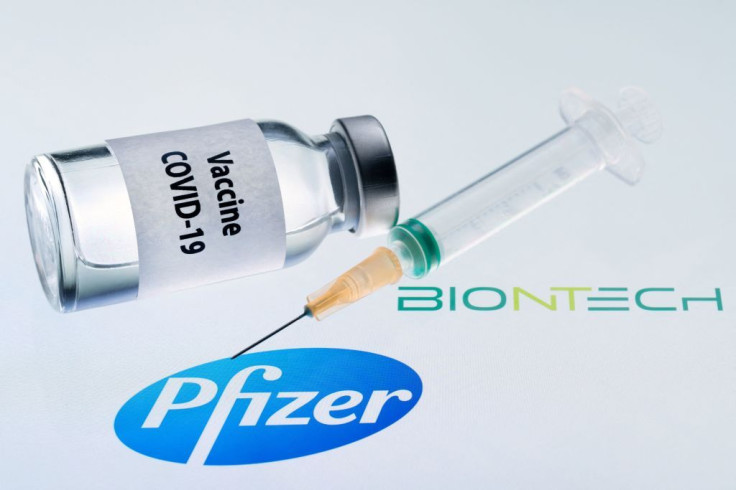As medical experts work to develop new ways to fight coronavirus, Pfizer announced Monday that it is testing an oral antiviral drug that could prevent COVID-19 infection after being exposed to the virus.
The study will evaluate the safety & efficacy of our investigational oral #antiviral to help prevent symptomatic disease in adults living in the same household as someone with #COVID19, hopefully reducing the likelihood of further infections. https://t.co/f1qYmMkdky pic.twitter.com/sFXJsyYsZV
— Pfizer Inc. (@pfizer) September 27, 2021
Whether PF-07321332, an antiviral drug, can prevent the infection in more than 2,600 healthy adults staying under the same roof as compared to somebody with a symptomatic infection, is being investigated by the company.
The efficacy and safety of the pill with ritonavir, an antiviral used to treat HIV, will be tested in the clinical trial, which is being launched by the company, reported Forbes. In the trial, one third of patients will get a placebo, and others will be given a dose of the drug two times a day for at least five or 10 days.
Pfizer said that from an early-stage trial, it was found that the pill was well tolerated and safe. Dr. Mikael Dolsten, chief scientific officer of Pfizer’s research and development division, said that dealing with coronavirus will require treatments that complement vaccines, and shared that such a therapy could “stop the virus early potentially preventing symptomatic disease in those who have been exposed and inhibiting the onset of infection in others.”
Merck, a Swiss pharmaceutical company, is also testing an antiviral tablet, Molnupiravir, for COVID-19 treatment, and expects data from late-stage clinical trials before the year ends.
Meanwhile, Miranda Kelly, who has diabetes and high blood pressure, tested positive for COVID-19 in June, reported CNN. Soon after the diagnosis, the certified nursing assistant started having breathing issues. Her husband, Joe, also got infected that made her worry as they have five teen kids.
Just after the diagnoses, the Seattle-based couple agreed to participate in a clinical trial at the nearby Fred Hutch cancer research center that's part of an effort to investigate an antiviral treatment that could stop the infection early in its course.
Soon after joining the trial, the two started taking four pills two times a day. They weren't told whether they had received placebo or an active medication, but they said that within a week, their symptoms improved and it took them two weeks to recover. Miranda said that despite having underlying conditions, she felt like she quickly recovered.
The couple have a role in developing what could be a chance to stop COVID -- a short-term regimen of daily pills that can fight the virus in early stage.
Timothy Sheahan, a virologist at the University of North Carolina-Chapel Hill who has helped pioneer these therapies, said, "Oral antivirals have the potential to not only curtail the duration of one's COVID-19 syndrome, but also have the potential to limit transmission to people in your household if you are sick."

© 2025 Latin Times. All rights reserved. Do not reproduce without permission.



